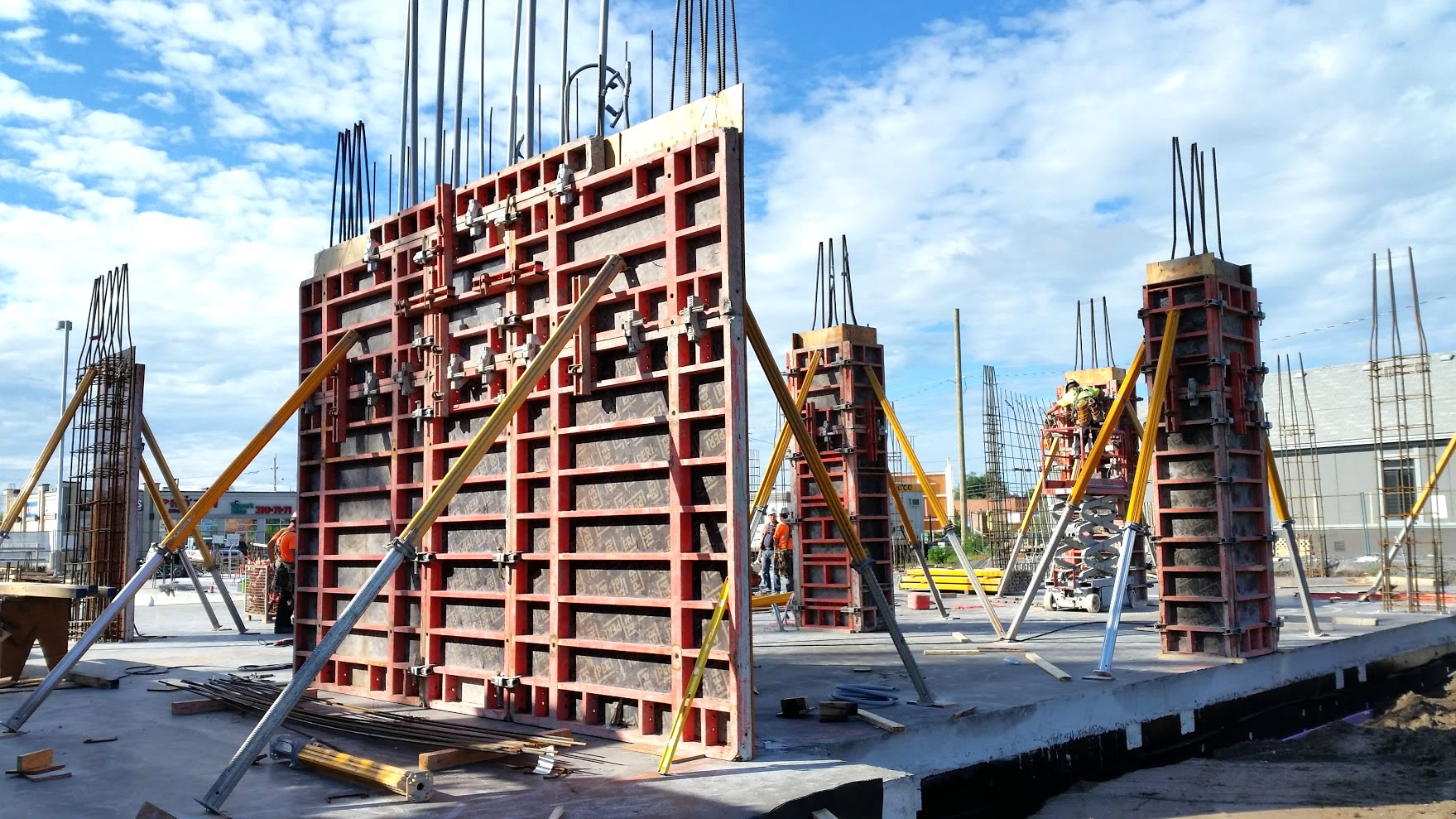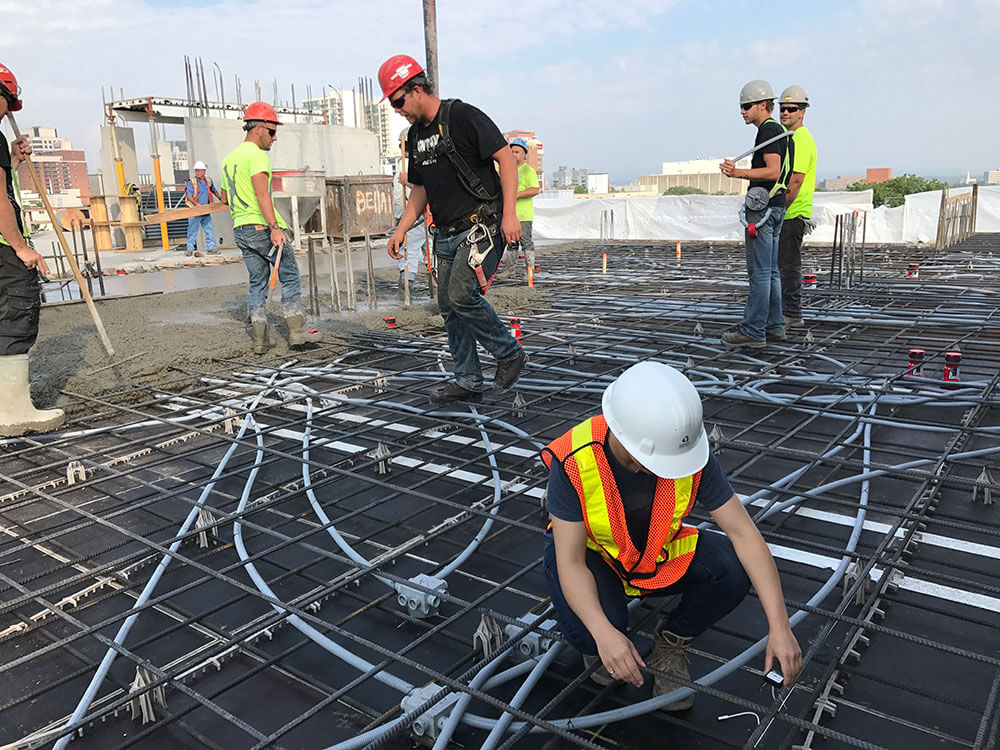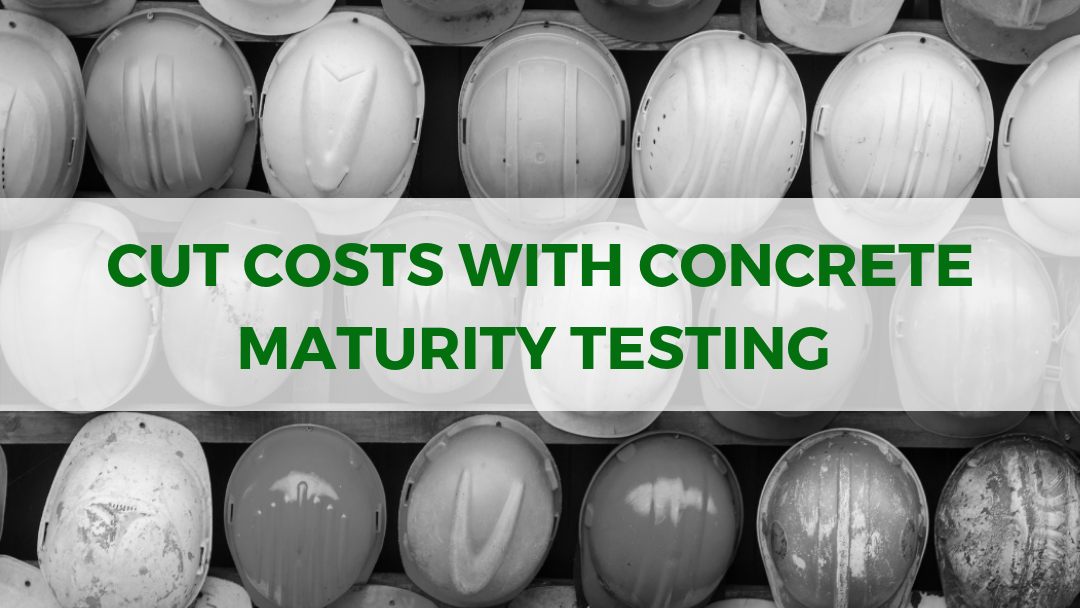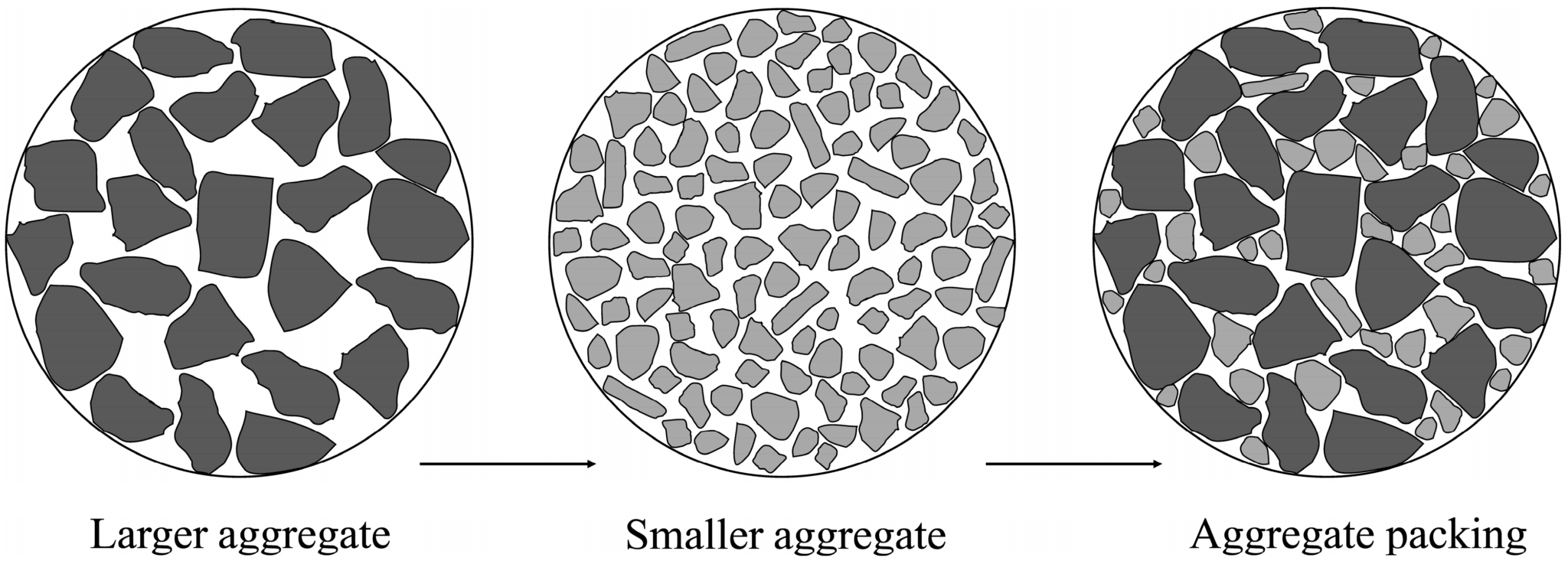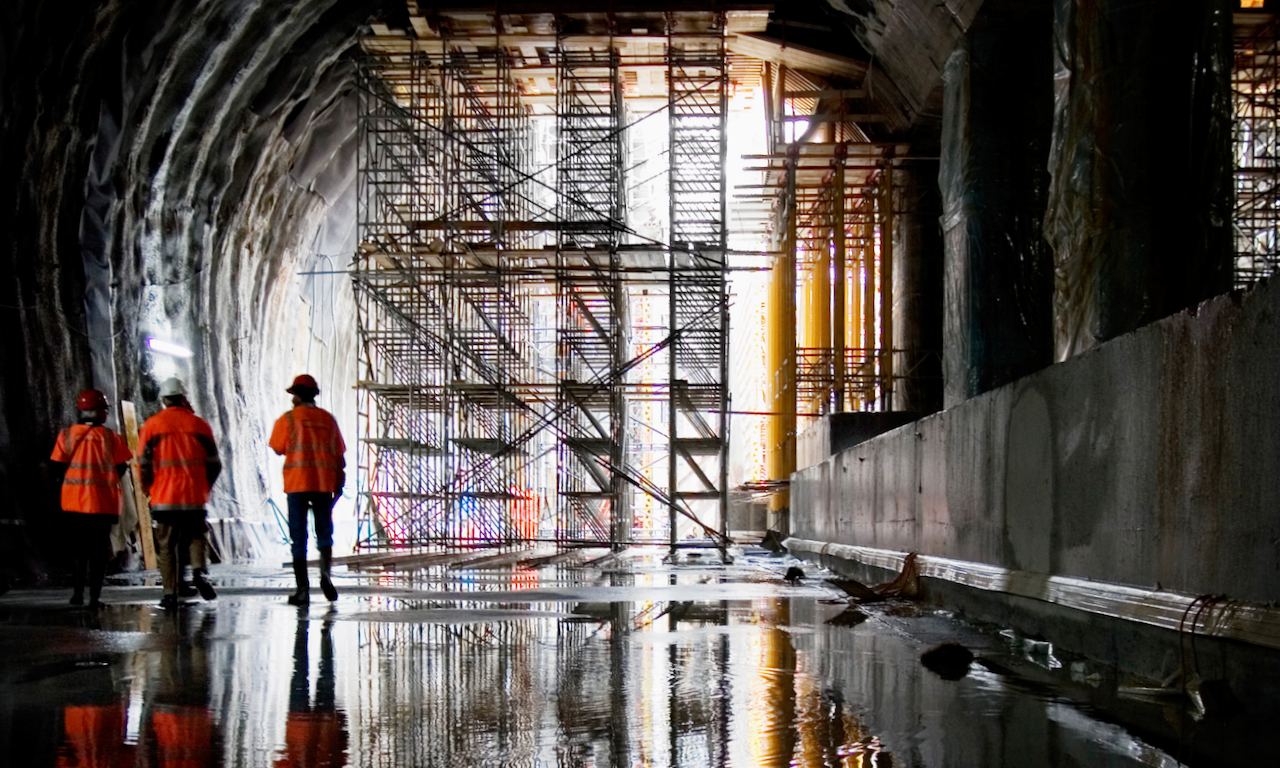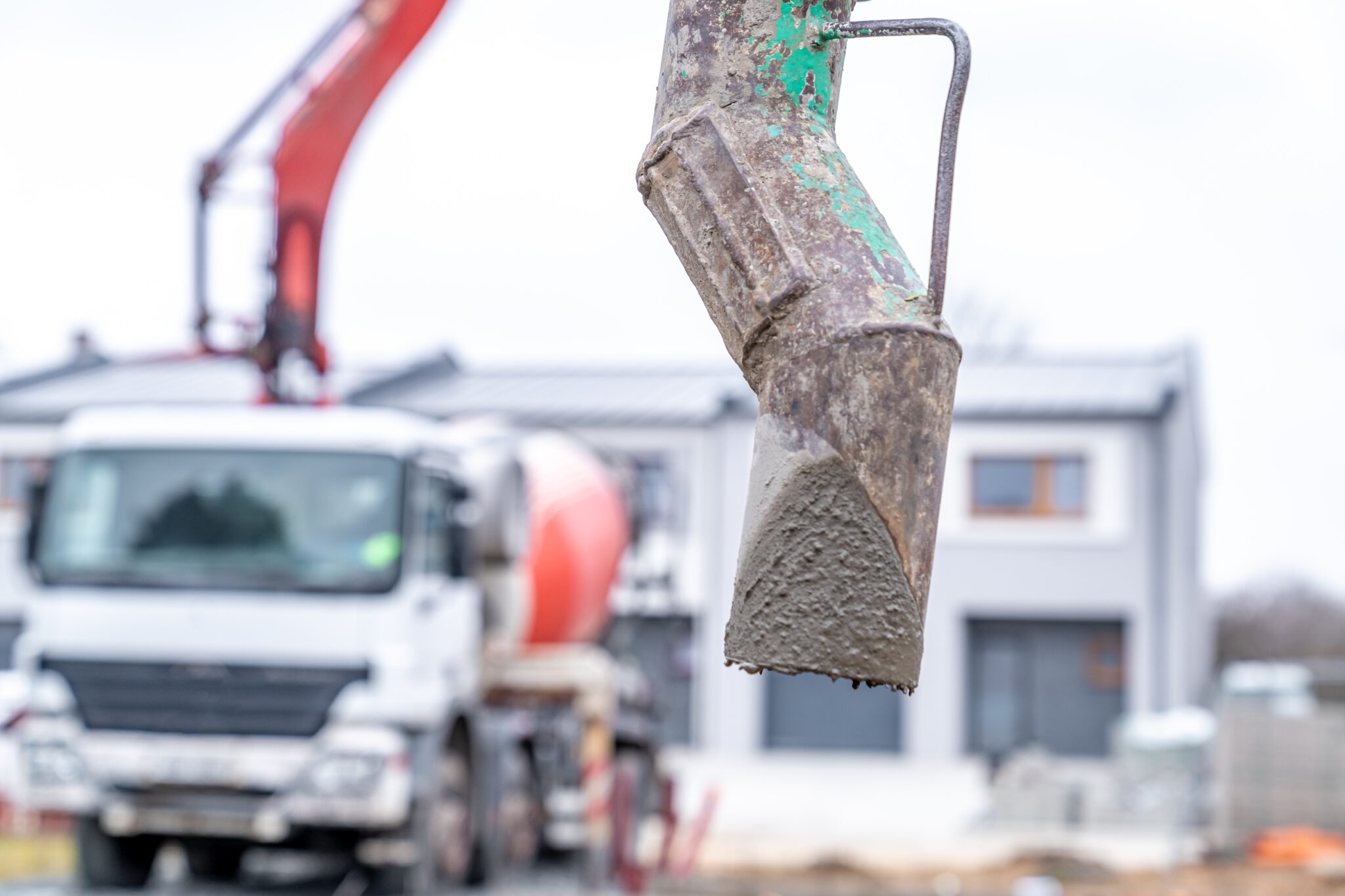In the UK construction industry, managing costs while ensuring quality is a constant challenge. Concrete testing is one area where contractors can achieve significant cost savings. Traditionally, concrete quality has been assessed through the cube crushing test, which provides a snapshot of the concrete’s strength after 28 days. However, with the rise of modern technology, concrete monitoring sensors offer a more efficient, real-time alternative for assessing concrete performance. In this blog, we’ll take a closer look at how concrete monitoring sensors can deliver substantial cost savings for contractors compared to traditional cube testing. We will break down the comparison into key factors such as material costs, labour, time, and overall project expenses, using a numerical approach to highlight the financial advantages.
Explore 12 Futuristic Technology Trends Solving Concrete's Biggest Challenges.
The Traditional Concrete Cube Testing Method
Let’s first examine the typical costs associated with the traditional concrete cube crushing method. The cube test involves producing concrete cubes, curing them for 28 days, and then testing their compressive strength in a laboratory setting.
Typical Cost Breakdown for Cube Testing
- Materials Costs:
- Concrete cubes (usually 150mm x 150mm x 150mm) are made using the same mix as the rest of the concrete.
- For a standard mix, the material cost for making the cubes typically accounts for around 0.1 to 0.2 cubic metres of concrete, which costs approximately £30 to £60 per batch (based on an average concrete cost of £100 per cubic metre).
- Labour Costs:
- Cube casting, curing, and testing are manual processes that require skilled labour.
- Labour costs for casting and curing concrete cubes, as well as transporting them to the testing lab, can range from £100 to £250 per batch, depending on the project scale.
- Testing Costs:
- Laboratory testing (cube crushing) itself can cost anywhere from £30 to £100 per test, depending on the provider.
- Typically, at least three cubes are tested per batch, so total testing costs could be between £90 and £300 per batch.
- Time Costs:
- Cube testing requires a 28-day curing period, plus additional time for laboratory results (typically 1-2 days). This delay can prevent contractors from progressing with tasks such as formwork removal or other critical activities.
- Time-based costs due to delays in construction can range from £200 to £1,000 per day, depending on the project’s size and complexity.
So, the total cost of cube testing per batch of concrete, including materials, labour, testing, and time delays, can be estimated at £220 to £600. Over a larger project with multiple batches of concrete, these costs can quickly accumulate.
Interested in learning more about compressive strength of concrete with cube tests? Click here.
Concrete Monitoring Sensors: The More Efficient Alternative
Now, let’s explore the cost breakdown for using concrete monitoring sensors. These sensors provide real-time data on parameters such as temperature, moisture, strength, and curing conditions. While the initial cost of installing sensors may be higher, the ongoing savings and long-term benefits far outweigh those of traditional testing methods.
Typical Cost Breakdown for Concrete Monitoring Sensors
- Sensor Installation Costs:
- The initial cost of installing concrete monitoring sensors depends on the number and complexity of the sensors used. For example:
- Basic sensors (e.g., temperature or moisture sensors) may cost between £30 and £100 per sensor.
- Comprehensive sensor systems (e.g., those monitoring multiple parameters such as temperature, strength, and moisture) can cost between £150 and £300 per sensor.
- For a typical concrete pour, 3-5 sensors are often required for adequate monitoring, bringing the total installation cost to £150 to £1,500 per batch, depending on the number and type of sensors used.
- Maintenance and Data Collection Costs:
- Sensor maintenance is generally low-cost. Contractors may need to replace batteries or calibrate the sensors periodically, which can cost £20 to £60 annually.
- Data collection is automated, so no additional manual labour is required. Contractors can access real-time data via mobile apps or online platforms, reducing reliance on lab testing and paperwork.
- Time Savings:
- One of the major benefits of using monitoring sensors is the ability to track the curing process in real time. Contractors no longer need to wait 28 days for the results of cube tests, allowing for faster decisions on when to remove formwork or progress with other steps.
- Time savings can be significant, especially on large projects. With sensors, contractors can reduce delays associated with waiting for test results, which can save £300 to £3,000 per day depending on the project’s scope and size.
- Long-Term Cost Savings:
- Predictive Maintenance: Continuous monitoring allows contractors to detect potential issues early, such as cracks, moisture imbalances, or early signs of corrosion. Addressing these problems early can prevent expensive repairs down the line, potentially saving £1,000 to £5,000 per incident.
- Reduced Material Waste: Sensors ensure that only the concrete that has reached the desired strength is used, reducing the risk of discarding excess concrete or having to re-mix batches. This can save around £100 to £300 per batch in material costs.
A Numerical Comparison: Concrete Cube Testing vs. Concrete Monitoring Sensors
Let’s assume a contractor is managing a mid-sized project requiring 20 batches of concrete.
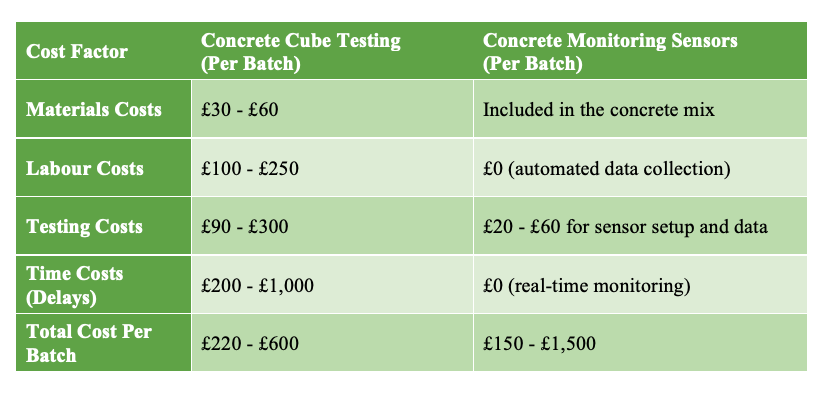
For a typical project with 20 batches of concrete:
Traditional Cube Testing Total Cost
- Low end: 20 batches x £220 = £4,400
- High end: 20 batches x £600 = £12,000
Concrete Monitoring Sensors Total Cost
- Low end: 20 batches x £150 = £3,000
- High end: 20 batches x £1,500 = £30,000 (this would include a more advanced sensor setup)
While the initial cost of sensors may be higher for complex systems, contractors benefit from significant time savings, reduced delays, lower labour costs, and fewer materials wasted, leading to substantial long-term savings. For instance, by preventing delays and rework, contractors could save £300 to £3,000 per day, especially on large projects.
Significant Savings for UK Contractors
While the initial costs of installing concrete monitoring sensors may appear higher than traditional cube testing, the long-term savings they provide are substantial. By offering real-time data, improved quality control, faster decision-making, and predictive maintenance, concrete monitoring sensors enable contractors to streamline their operations and reduce overall project costs.
Over the duration of a project, the savings from reduced delays, fewer rework instances, and lower material waste will more than offset the upfront investment in sensors. For contractors looking to stay competitive in the modern construction landscape, embracing concrete monitoring technology is a smart financial decision that ensures both cost efficiency and high-quality, durable results.


